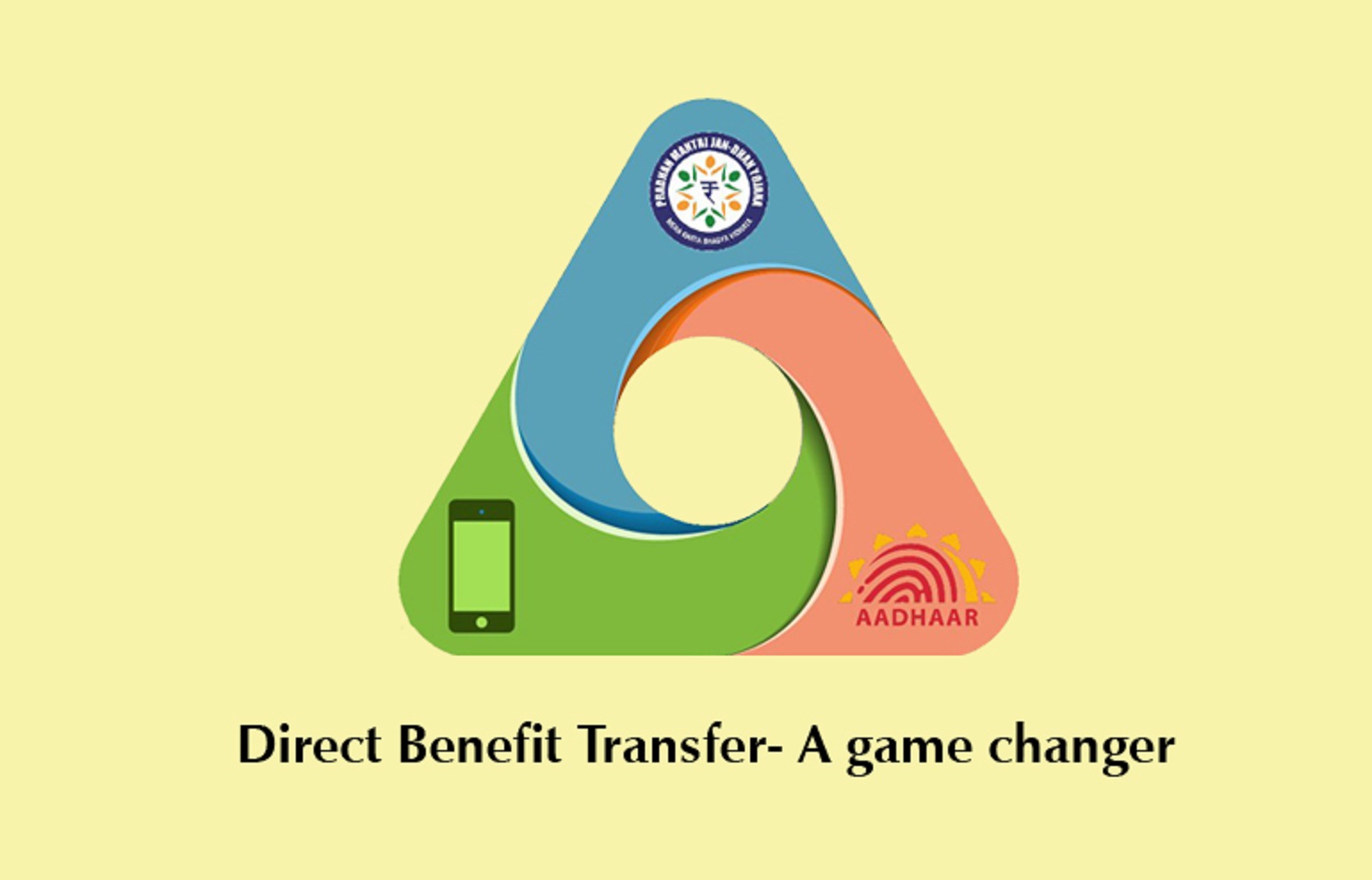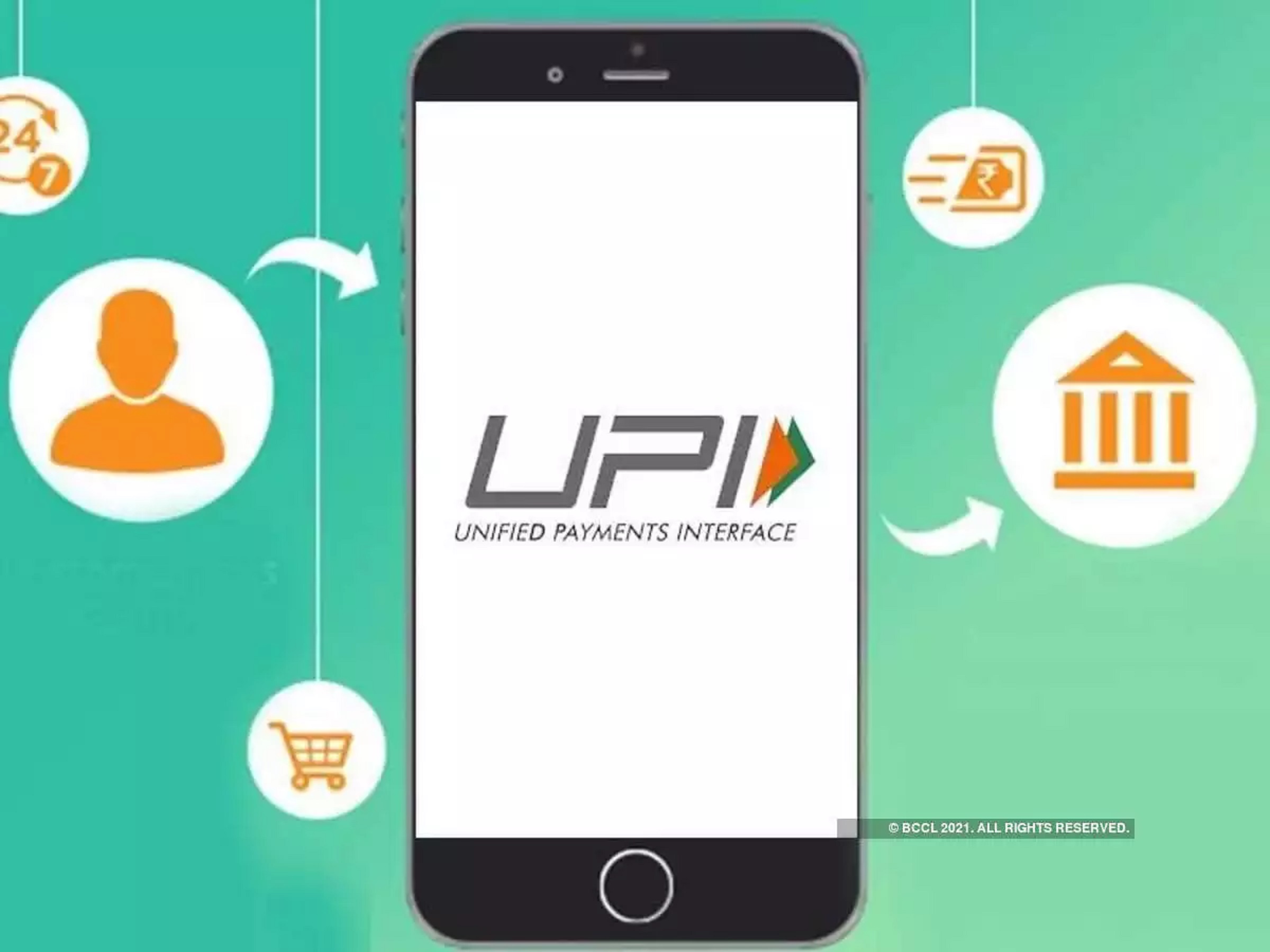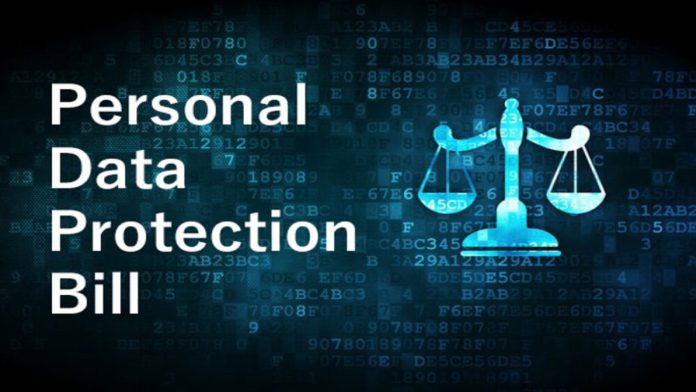- The Indian government’s digitalization efforts in recent years have not only been applauded but have also enabled the country to initiate several social welfare measures admirably by utilizing digital platforms. Direct Benefit Transfer (DBT) is a trailblazing experiment in which intended beneficiaries receive cash as part of welfare schemes. In terms of reaching out to the socially oppressed and providing much-needed assistance to the poor, digital media has been nothing short of a game changer. However, one of the most common complaints heard from all stakeholders is the frequency with which private data breaches occur, leaving ordinary people vulnerable to dubious cyber crooks’ maneuvers.

PC: Rashi Aditi Ghosh
- Several efforts to enact a personal data protection law have stalled, despite everyone involved urging the authorities to do so as soon as possible. It has yet to see the light of day. Unsettlingly, it was recently reported that personal data from the CoWin portal, which houses information on Covid-19 vaccine recipients, was illegally accessed. According to media reports, a bot (a software program that performs repetitive tasks) displayed personal information. This is extremely risky. The bot is no longer active, and GOI has declared CoWin safe. It also requested that its emergency response unit, CERT-In, investigate the problem and submit a report. Of course, it’s the correct decision. But what caused it to happen in the first place?
- Furthermore, Rajeev Chandrasekhar, minister of state in the Ministry of Electronics and Information Technology, made two points on social media. For starters, it does not appear that CoWin has been directly violated. Two, the bot’s data appears to have been populated with previously stolen data. Let us consider a unique aspect of digital data to unpack these developments. It can be used by both the legitimate owner and someone who has unauthorized access to it at the same time. To be sure, data theft only requires illegal duplication. These occurrences must also be viewed in the context of India’s ongoing effort to develop digital public goods (DPGs) in the health sector along the lines of Aadhaar and UPI.

PC: ETGovernment
- Ayushman Bharat Digital Mission, for example, aims to create an online platform to facilitate the interoperability of health data. Another DPG, Unified Healthcare Interface, aims to connect healthcare providers. It should be noted that CoWin was repurposed to increase UHI. Remember that UPI’s success is heavily reliant on credibility. It is the most valuable resource in DPG development because it requires users to have implicit trust in the platform’s safety. The findings of CERT-In must be made public in the interest of systemic stability. One advantage of this system for citizens is the ability to optimize digital IDs. They must gain confidence for this to occur. Immediate implementation of a strong personal data protection law is unavoidable.






